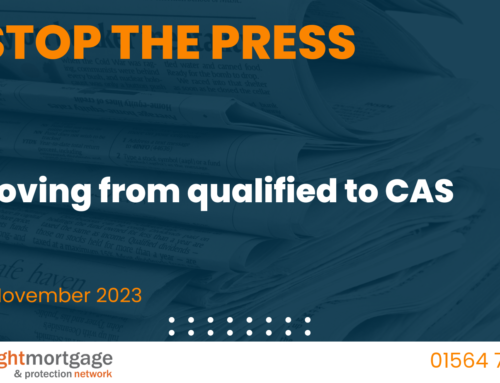BY: Doug Hall, Director, 3mc
Back in March this year, I wrote an article in which I highlighted the increasing interest in limited company buy-to-lets. In it, I pointed out that the tax changes being introduced by a chancellor who was clearly set on making life more difficult for landlords, were encouraging more investors to consider buying property via limited companies.
The good news, I’m delighted to report, is that specialist buy-to-let lenders are increasing their support for the limited company BTL market, with key indicators showing that limited company buy-to-let mortgage rates have been falling. In March, the average rate, across those lenders specified in a table attached to the article, was 4.1%. The average rate across those lenders specified in the table below is now 3.7%.
What’s more, whereas the rental calculation used by many mainstream residential buy-to- let lenders has moved up to typically 140-145% at a notional rate of 5.5% as a result of the pending PRA changes, the rental calculations on limited companies haven’t moved, as lenders await the outcome of the consultation paper CP11/16. Limited company rental calculations are still typically 125% @ 5%, which makes them advantageous for investors wanting to leverage their assets, as they will be able to borrow more via a limited company.
I also mentioned in my March article that lenders such as Paragon, Foundation Home Loans, Aldermore and Shawbrook were no longer applying a pricing premium on limited company buy-to-let mortgages. Well, more good news, because other lenders are following suit with Kent Reliance, Precise Mortgages, Interbay and Axis Bank all now taking a similar approach and it’s my expectation that this trend will continue in the future.
The combined effect of cheaper pricing and more advantageous rental calculations are making limited company buy-to-lets a stronger proposition for those landlords who are looking for ways to mitigate the more onerous tax regime.
The tax changes that are being phased in with effect from April 2017 and which will be fully in force by the beginning of the 2020/21 tax year, mean that individual landlords will only be able to claim back relief at the basic rate of 20% rather than the higher tax rates of 40% or 45%. Although this change won’t affect lower rate taxpayers, it may well mean that some higher rate taxpayers find that hitherto profitable businesses suddenly start to return a loss.
One potential solution to this problem is for higher rate tax taxpayers to hold their property portfolios within a limited company, thereby taking them out of the personal tax regime altogether and become subject to corporation tax instead. Until recently, limited company buy-to-lets were considered a specialist niche within the already niche buy-to-let market. But that is now slowly starting to change, as more landlords are considering limited company structures as a more appropriate way forward.
I also mentioned in my March article that it would make good sense for mortgage brokers to supply their buy-to-let clients with two sets of quotes: one for an individual buy-to-let and one for a limited company buy-to-let, so that clients, with advice from their accountants and tax advisers, could determine the best option. I believe that supplying two quotes is even more relevant now that pricing on limited company buy to lets is getting cheaper and rental calculations are now more generous than residential BTL rental calculations.
It may seem counter-intuitive for a broker to provide information so that a client can consult other advisers in order to make an informed decision. However, as the decision-making regarding limited companies becomes more complex (clients also needs to consider the costs of setting-up and running a limited company and the various exit strategies available to them when they wind-up the business in the future), it becomes even more imperative that expert tax advice is taken. Brokers should therefore see themselves as being part of a larger client team, rather than being a sole advisor.
I have no doubt the buy-to-let market will continue to change and evolve and it will be particularly interesting to see the outcome of the PRA consultation process which is
currently underway. The market for limited company buy-to-lets is worth keeping an eye on, as it is presenting some interesting opportunities for both brokers and their clients.





